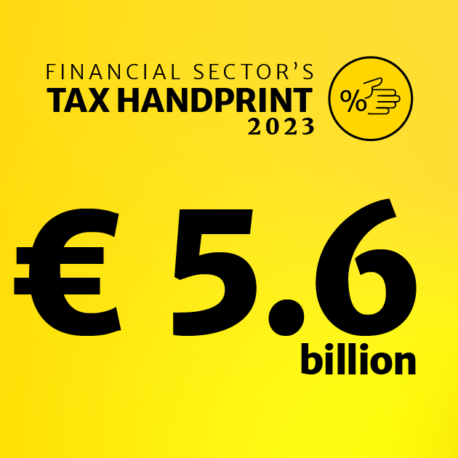
- The lease financing of fixed assets is causing banks and other financial institutions problems under the Pillar 2 (minimum tax) GloBE rules.
- Under the GloBE rules, certain tax liabilities are subject to recapture. The deferred tax recapture rule includes an exemption that applies to lessees but not to lessors. Extending it to also cover lessors would remedy the problems with leasing.
- The financial sector organisations of Finland, Sweden and Norway call for the OECD to amend its administrative guidance.
One form of corporate finance offered by banks is lease financing, which companies use to finance the acquisition of fixed assets. Lease financing is perhaps most typically used for the acquisition of cars, but it is also used for IT equipment, manufacturing machinery, work equipment, furnishings, energy efficiency improvements and property intended for longer-term use, such as business premises, railway engines and wind turbines.
Lease financing creates deferred tax liabilities due to differences in the International Financial Reporting Standards (IFRS), national accounting rules (local GAAP) and tax legislation.
The Pillar 2 (minimum tax) rules, which came into effect at the beginning of 2024, are now threatening to create significant top-up tax impacts to financial institutions offering lease financing. The Pillar 2 rules introduced a new global minimum corporate tax of 15% for multinational enterprises and also made certain deferred tax liabilities subject to recapture unless they are discharged within a five-year period.
“In general, the deferred tax liability created from leasing is discharged at the end of the lease period, but the GloBE rules now dictate that it must be discharged within five years. The problem is that assets are often leased for a period exceeding five years – even lease periods of 20–40 years are not exceptional. This means that when the lease period exceeds five years, the leasing company must reverse the deferred tax liability to the extent it is not utilised within five years. Lease periods exceeding five years lead to a decrease in income tax cost in the GloBE calculation and thus very likely into top-up tax impacts”, explains Finance Finland’s Head of Tax Regulation Marja Blomqvist.
If deferred tax is recaptured, the tax charge used in the calculation of the effective tax rate according to GloBE rules decreases. Under the GloBE rules, the minimum effective tax rate must be 15%, but the recapture rule pushes the effective tax rate significantly under the minimum rate in cases like the ones presented by Blomqvist.
How should this problem be solved? Together with the Swedish Bankers’ Association and Finance Norway, Finance Finland is calling for the OECD to amend its administrative guidance. The EU Minimum Tax Directive and the related national laws are based on the OECD’s multilateral convention on global minimum tax. The OECD supplements the regulations with administrative guidance. It is this administrative guidance that should be amended to solve the problem.
“It is important to note that there is no corresponding issue on the lessee side, as the exemption to the deferred tax recapture rule applies to leased income for lessees. To avoid unintended consequences, the exemption should also apply to lessors. The OECD could easily solve this problem by amending the administrative guidance on this matter”, says Blomqvist.
Looking for more?
Other articles on the topic

Financial sector’s VAT treatment needs an overhaul, but the Finnish pension system must not be hampered with added tax burden

The Nordic financial sector calls for harmonised implementation of the FASTER Directive

Income taxes paid by financial sector companies grew to €1.3 billion in 2023, and the sector’s total tax handprint of €5.6 billion would cover Finland’s military expenditure – OP Financial Group and Nordea the two largest taxpayers in Finland

Finance Finland proposes ways to increase economic growth and tax revenue: Finnish law must provide for retail ELTIFs



